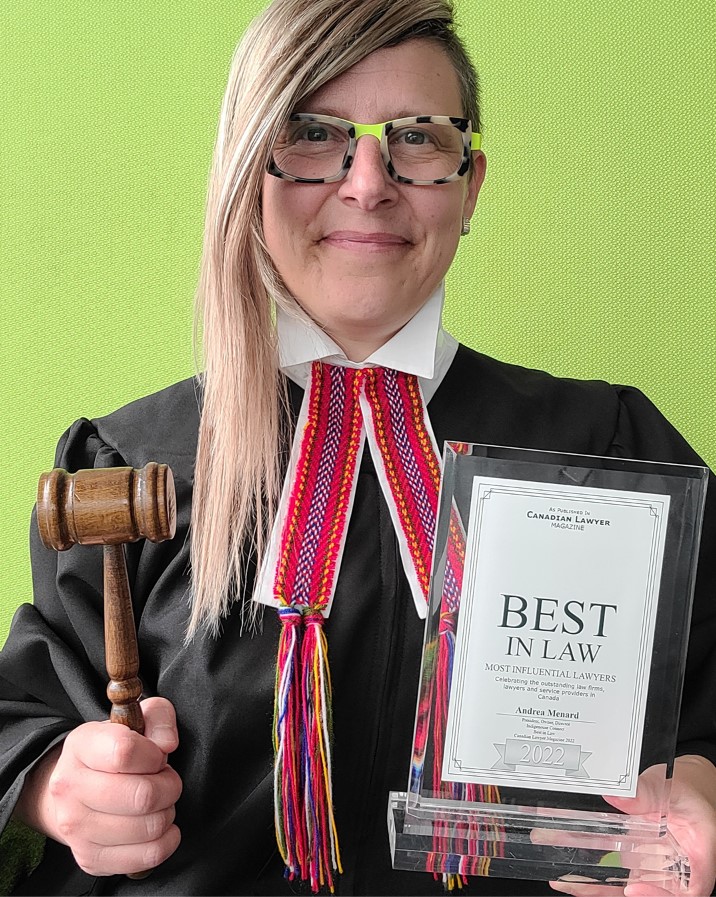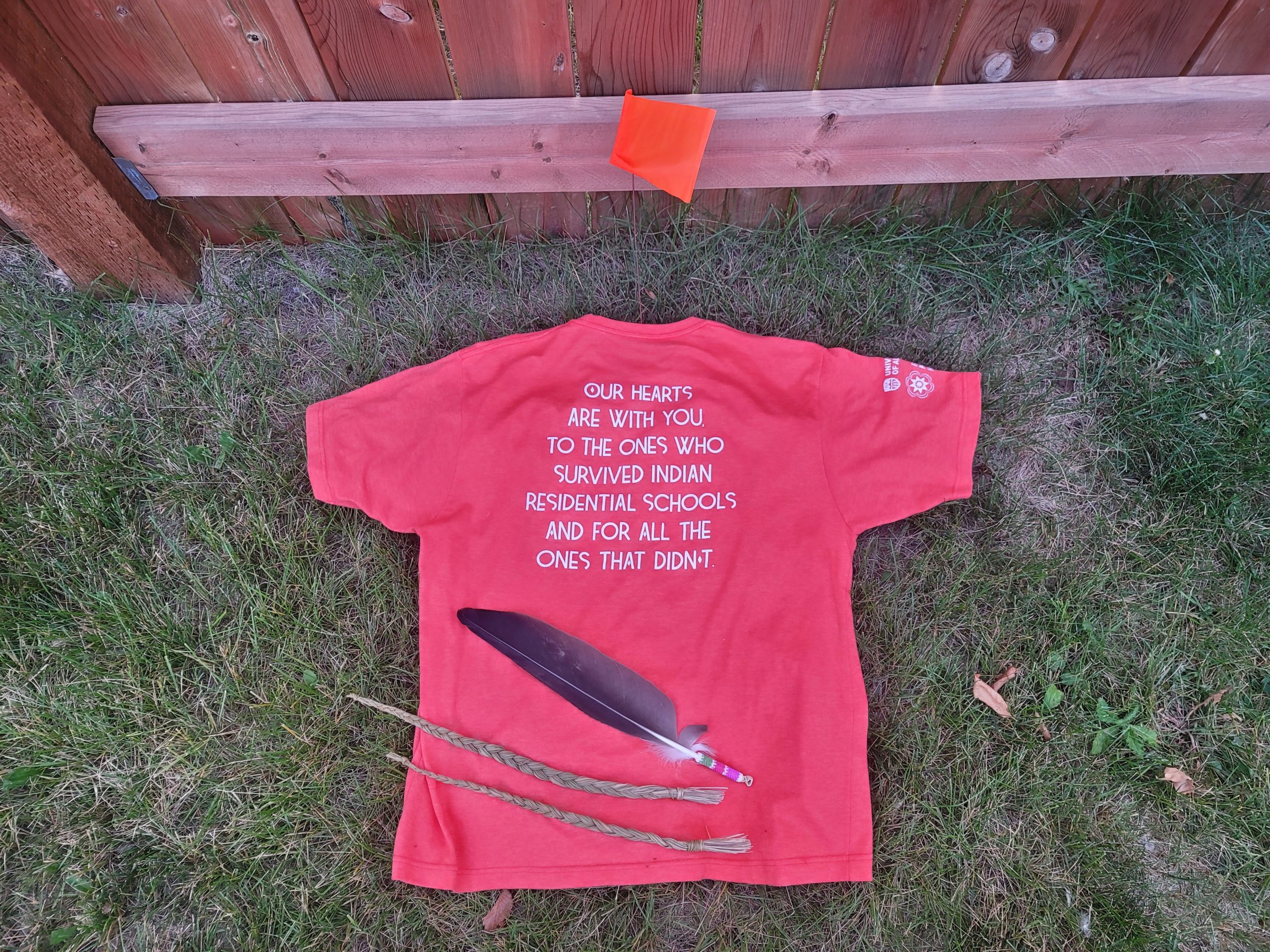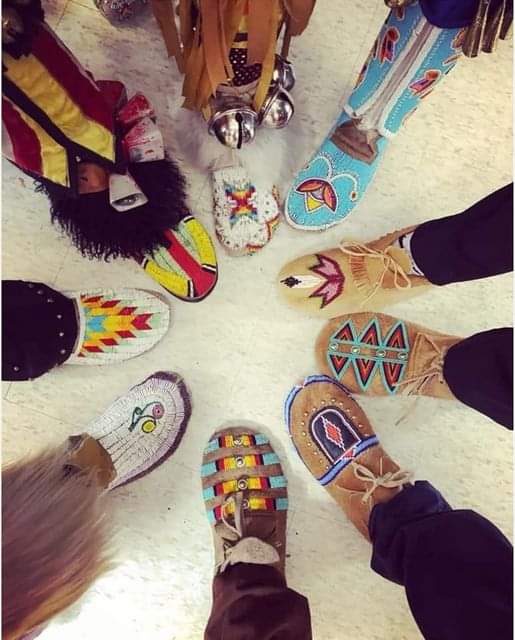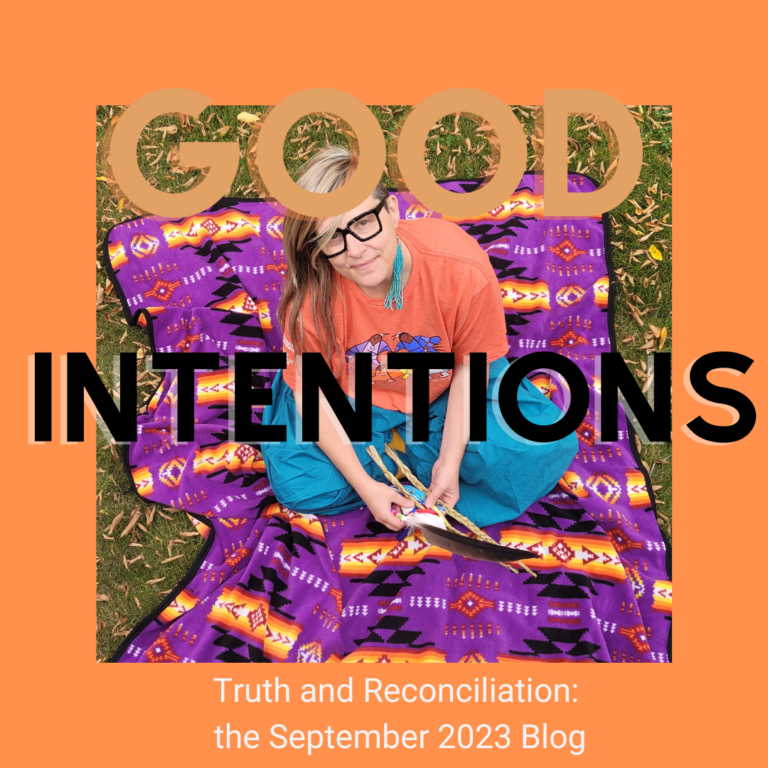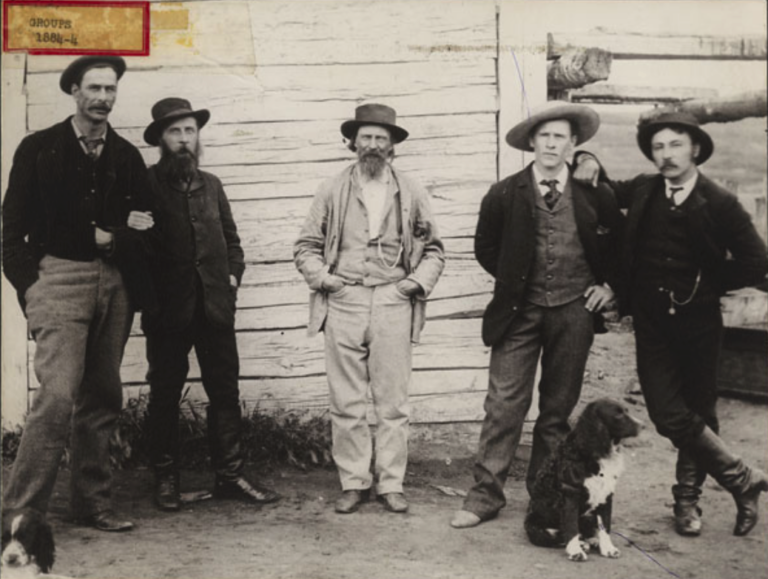Journey of a Métis Scholar: Redefining ‘Best in Law’ in a Decolonized Canada
My Métis lineage does not merely define my identity; it pervades every facet of my life and work, critically informing my scholarly and professional trajectory within the field of law. My values, principles, and worldview have been significantly shaped by the rich tapestry of Métis history and culture, imbuing them with unique perspectives drawn from an ancestral well of Indigenous wisdom and experience.
The Indigenous ethos, interweaving principles of communal responsibility, respect for the natural world, and the sacredness of all life forms, profoundly influences my legal philosophy. This holistic and interconnected perspective forms a bedrock for my commitment to restorative justice, environmental stewardship, and an equitable legal system.
In my journey as a legal academic, my Métis heritage has been an invaluable compass, guiding me through the complexity and ambiguity of various legal terrains. It has given me the acuity to dissect, interpret, and critique Western legal constructs while simultaneously appreciating and promoting the nuance and depth of Indigenous legal traditions.
With a foot in both worlds – the Western legal system and the Indigenous jurisprudential landscape – I have been able to navigate, reconcile, and, crucially, integrate these seemingly disparate realms. My Métis bloodline has bestowed me with an inherent ability to ‘métissage,’ a term which describes the interweaving of Indigenous and Western legal paradigms engendering a vibrant, inclusive, and expansive legal tapestry that respects and reflects the diversity of Canadian society, that positions Indigenous métissage* at its forefront, precluding a repeat of historical processes of colonization.
My journey towards becoming ‘Best in Law’ has been a testament to the power and potential of this Indigenous-informed approach to law. It transcends individual achievements, representing a broader endeavour towards decolonizing and Indigenizing spaces that have long marginalized and misrepresented Indigenous voices and laws. It is an ongoing commitment to dismantle systemic bias, challenge prevailing standards of success, and create a more equitable, diverse, and inclusive legal system.
In this quest, my Métis bloodline is not just a part of who I am, it is the essence of what I bring to the legal profession. It shapes my worldview, drives my ambition, informs my practice, and most importantly, it roots my scholarship in a deep, enduring commitment to the pursuit of justice for Indigenous peoples. In the legal profession, being recognized as ‘Best in Law’ is not just a personal achievement; it testifies to the transformative potential of Indigenous legal scholarship in reshaping Canada’s legal landscape.
*Indigenous métissage as defined by Dr. Dwayne Donald, Cree Scholar, Papaschase Nation, Treaty 6, (2012).
Colonial citation:
Donald, Dwayne, “Indigenous Métissage: a decolonizing research sensibility” (2012). Aboriginal Policy Research Consortium International (APRCi). 169. https://ir.lib.uwo.ca/aprci/169
Photo: Andrea Menard, LLB, LLM, PhD student, ‘Best in Law’ award, May 2023.
